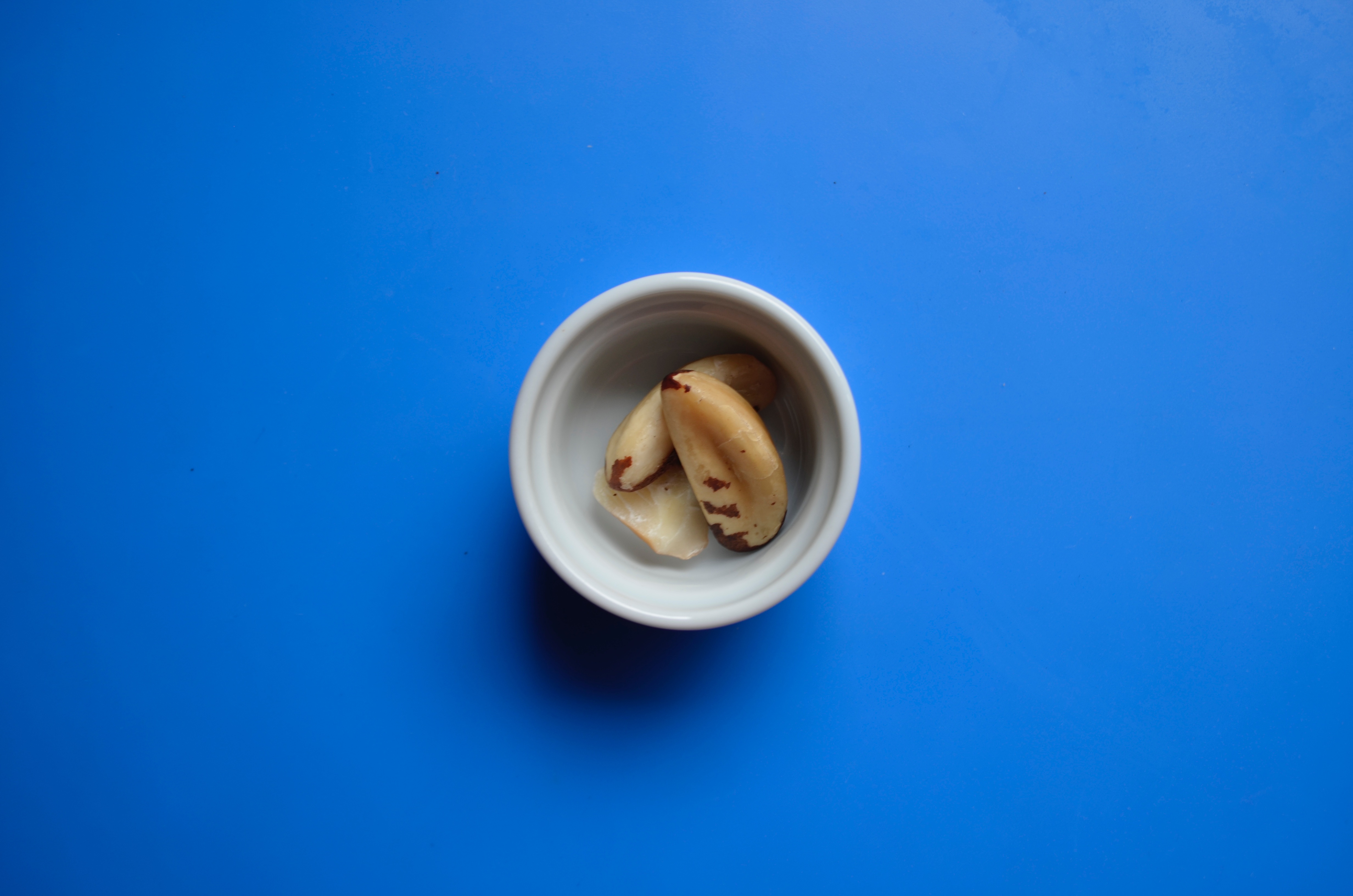3 Foods to Eat and 3 Foods to Avoid
By: Dr. Alaina Gair, ND
There are lots of ways to support healthy thyroid function with medications and supplements, but did you know your diet can impact how well this gland works?
By consuming a whole foods and a diversified diet you are well on your way, but some foods that fall into the healthy category can actually decrease circulating thyroid hormones. Check out the foods I encourage patients towards and away from when they are struggling with hypothyroidism.
Foods to Consume
- Protein!
- Be sure to get all of your amino acids (especially tyrosine) – this is easier for meat-eaters (animal sources of protein are considered “complete” meaning they are made up of all our essential amino acids). Vegetarians have to pay more attention to creating complete proteins through paring protein combinations.
- Consider a protein shake in the morning to start your day on the right track – this can help to stabilize blood sugar and keep your energy up.
- Warming Herbs
- Help with circulation, which helps with hormone regulation. Think cinnamon, chilli, cayenne, turmeric, pepper and ginger. Try adding them to smoothies, your stir fry (really any recipes) or tea.
- Iodine-Containing Foods
- Iodine is crucial for thyroid hormone production and research is showing that many people are deficient.
- Nori, seaweed, kelp, dulse, wakame
- Brazil Nuts
- A great source of selenium – another important ingredient for creating thyroid hormones.
Foods to Avoid
- Raw Brassica family vegetables
- Broccoli, Brussels sprouts, cabbage, bok choy. These are known as goitrogens – they bind iodine (an important ingredient for creating thyroid hormone) and can decrease circulating thyroid hormone levels
- Coffee
- This stimulant can be a crutch when you are struggling with energy levels but can cause more trouble for the adrenal glands (our stress response glands) leaving you feeling worse off.
- Gluten
- It is important to embrace a gluten-free diet particularly if you have been diagnosed with Hashimoto’s thyroiditis.
As always, please refrain from self-prescribing. Dietary recommendations can be made on a individualized basis and will have increased efficiency when they are designed specifically for your case.
If you are interested in getting more support from me, contact the clinic or book online.
References:
Hilliar, J., Integrated Therapeutics Lecture Notes. CCNM 2012.
Natural Medicines Comprehensive Database. 2012.
